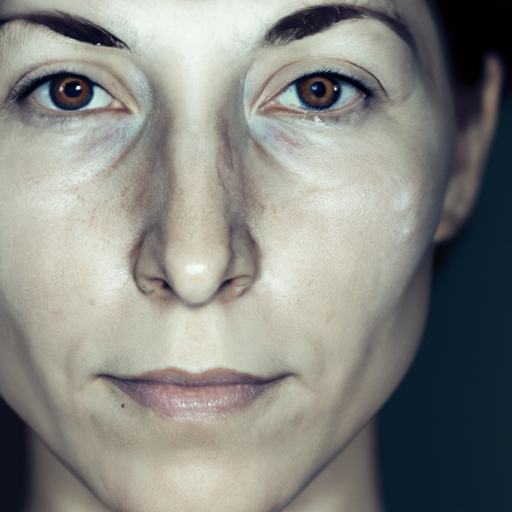As a dermatologist, I often encounter patients who underestimate the importance of moisturizing their skin. They may skip this step due to time constraints, lack of knowledge, or simply because they do not see immediate visible effects. However, the unseen consequences of skipping moisturizer can be profound and detrimental to the health of your skin.
The skin is our body’s largest organ and serves as the first line of defense against environmental aggressors. It is constantly exposed to harsh elements such as UV rays, pollution, and fluctuating temperatures, all of which can strip away its natural moisture. When we fail to replenish this lost moisture, we leave our skin vulnerable to a host of issues.
One of the most immediate effects of skipping moisturizer is dryness. Without adequate hydration, the skin becomes flaky, rough, and tight. This not only feels uncomfortable but also makes the skin look dull and aged. Dry skin is also more prone to redness, itchiness, and inflammation, which can exacerbate conditions like eczema and psoriasis.
Moreover, when the skin is dehydrated, it compensates by producing more oil. This can lead to an overproduction of sebum, clogging pores and causing breakouts. Contrary to popular belief, even those with oily or acne-prone skin need to moisturize to regulate oil production and maintain a healthy skin barrier.
Skipping moisturizer can also accelerate the aging process. Hydrated skin is plumper, smoother, and more resilient, which helps minimize the appearance of fine lines and wrinkles. Without sufficient moisture, the skin loses its elasticity and firmness, leading to premature aging.
Furthermore, a well-moisturized skin enhances the efficacy of other skincare products. It allows active ingredients to penetrate deeper and work more effectively. On the other hand, applying products on dry skin can cause irritation and sensitivity.
Lastly, neglecting to moisturize can compromise the skin’s barrier function. A healthy skin barrier protects against harmful bacteria, allergens, and irritants. When this barrier is weakened due to lack of moisture, it can lead to skin conditions such as dermatitis, rosacea, and increased skin sensitivity.
In conclusion, moisturizing is a crucial step in any skincare routine, regardless of your skin type or concerns. It’s not just about achieving a dewy glow or soft texture; it’s about maintaining the overall health and resilience of your skin.
Remember, consistency is key. It’s not enough to moisturize once in a while; it should be a daily habit. Choose a moisturizer that suits your skin type and needs, and apply it every morning and night after cleansing. Your skin will thank you in the long run.
Skipping moisturizer may seem like a minor oversight, but its unseen consequences are far-reaching. As a dermatologist, I urge you to prioritize hydration and give your skin the care it deserves. After all, healthy skin is not just about looking good; it’s about feeling good too.



